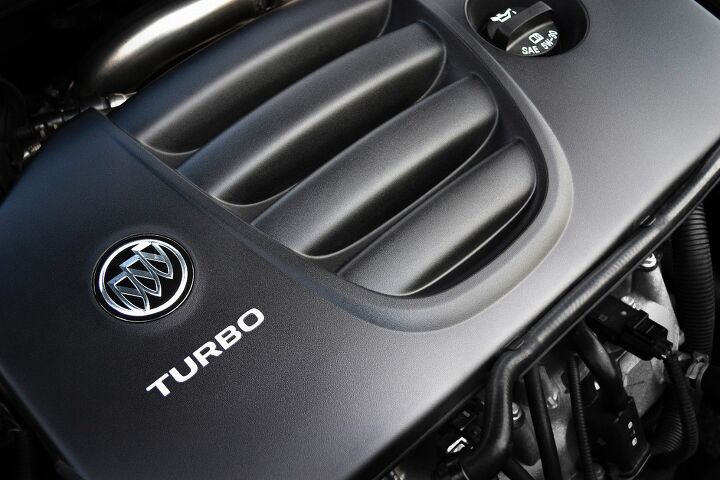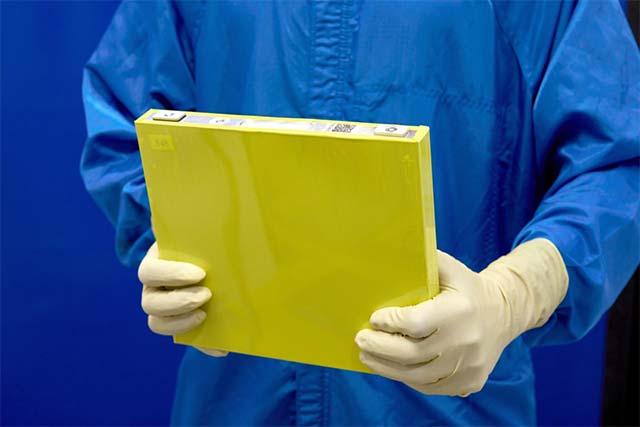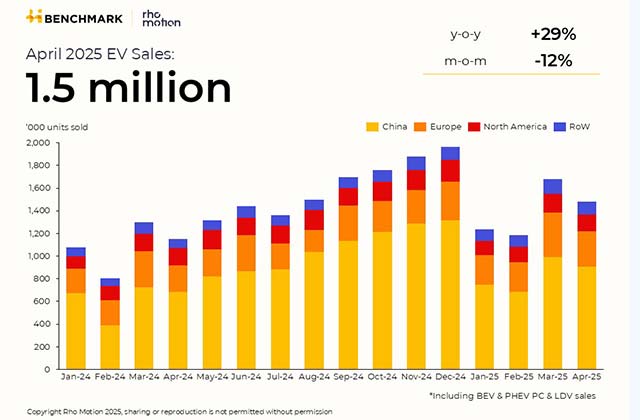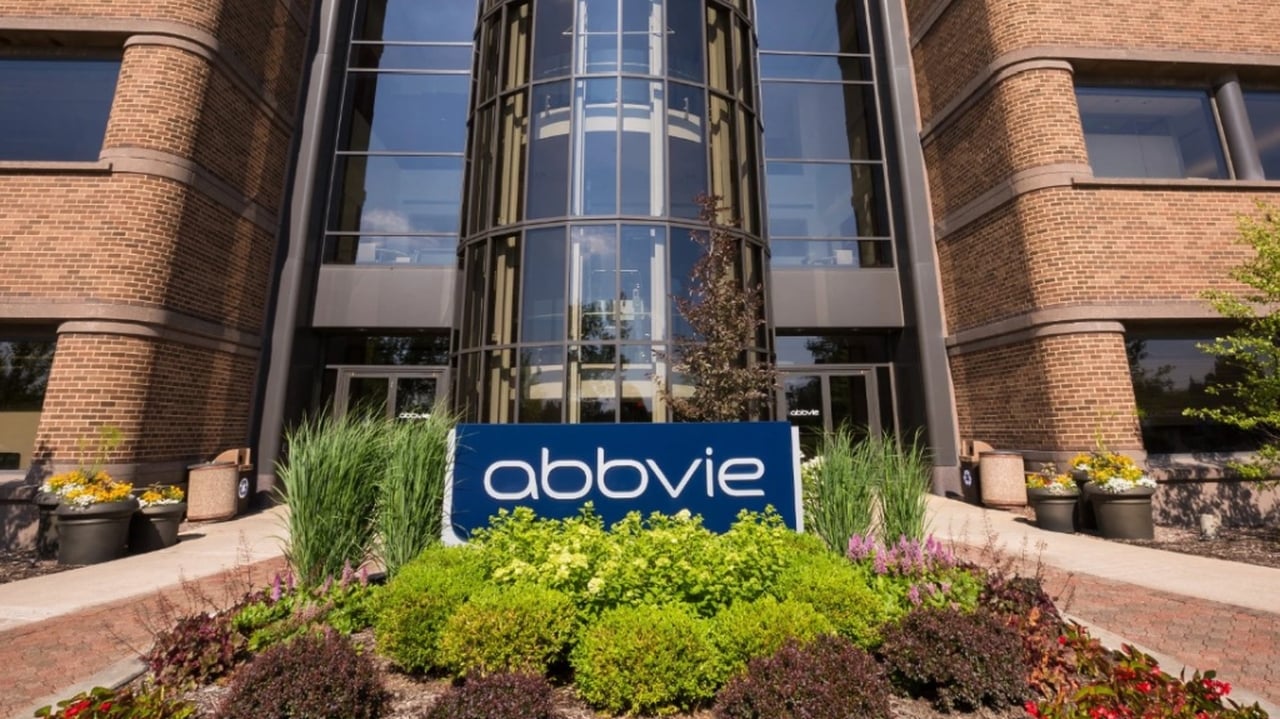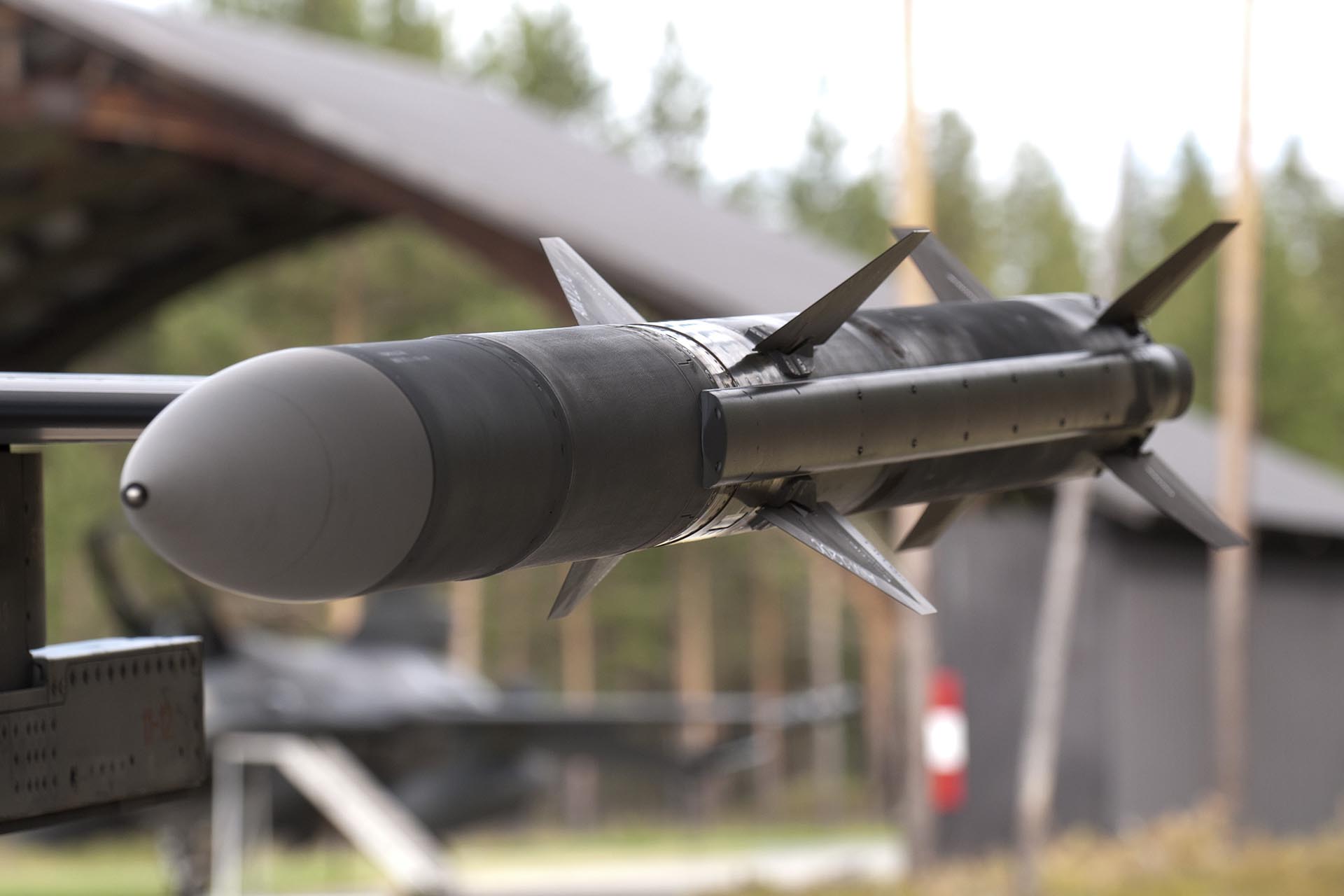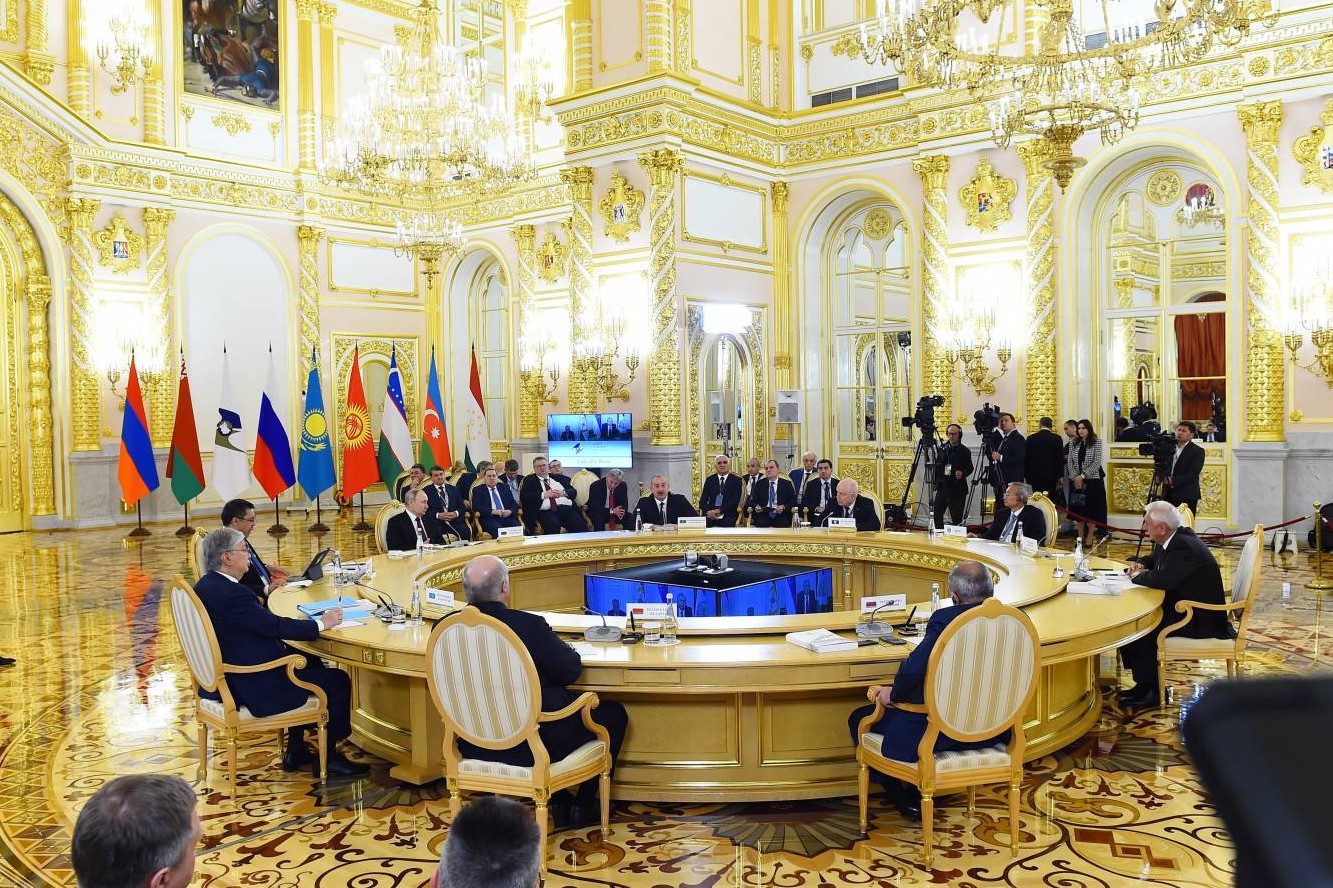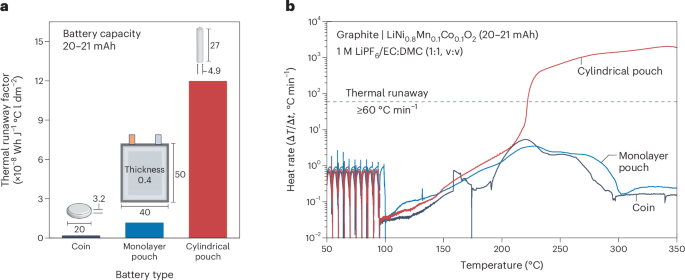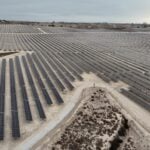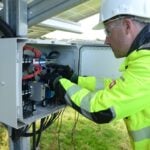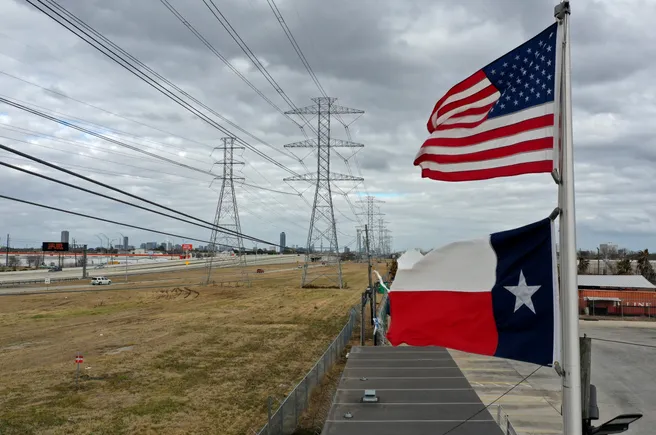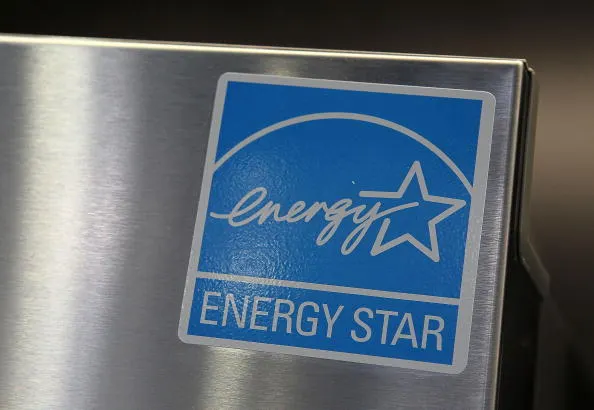Viscoelastic Soft Solid Electrolytes Enable Fast Zinc Ion Conductance and Highly Stable Zinc Metal Anode
Advanced Energy Materials, Volume 15, Issue 18, May 13, 2025.

A viscoelastic soft solid electrolyte (VSSE) based on nano-SiO2 inducing a liquid-to-solid transition strategy is proposed, and the VSSE can achieve a balance between fast Zn ion conductance and impressive chemical/electrochemical stability of Zn metal anodes. Consequently, the VSSE obviously improves the storage and cycle performance of Zn metal anode, which promotes the practicability of Zn-based energy storage technique.
Abstract
Achieving both high ionic conductance and stable Zn metal anode simultaneously remains a challenge with current liquid and solid electrolytes. Here, a viscoelastic soft solid electrolyte (VSSE) strategy is presented that effectively balances Zn ion conduction and Zn anode stability. The VSSE is created by nano-SiO2 inducing a liquid-to-solid transition in a liquid solution containing Zn(BF4)2 salt dissolved in an oligomer (glycerol polyoxyethylene-b-oxypropylene ether, GPE) and water. The plentiful oxygen functional group in VSSE provides enough hydrogen bonding sites for water molecules to be completely hydrogen-bonded to form a state without free water. The bound water serves as a Zn-O coordination modulator that can weaken the strong Zn-O coordination, lowering the dissociation energy for Zn ions, realizing fast Zn ion decoupling motion mode. Consequently, the VSSE gives impressive Zn ion conductance of (2.28 ± 0.07) ×10−3 S cm−1 at room temperature 10–1000 times higher than reported solid polymer electrolytes. Simultaneously, the restricted molecular activity of bound water allows for excellent storage/cycle life of the Zn metal anode, which is confirmed by remarkably improved storage life (720 h), shelving-recovery lifespan (850–1200 h), and cycling life (1400–2050 h). This study offers fresh perspectives on multifunctional electrolyte design strategies based on soft-matter science.













